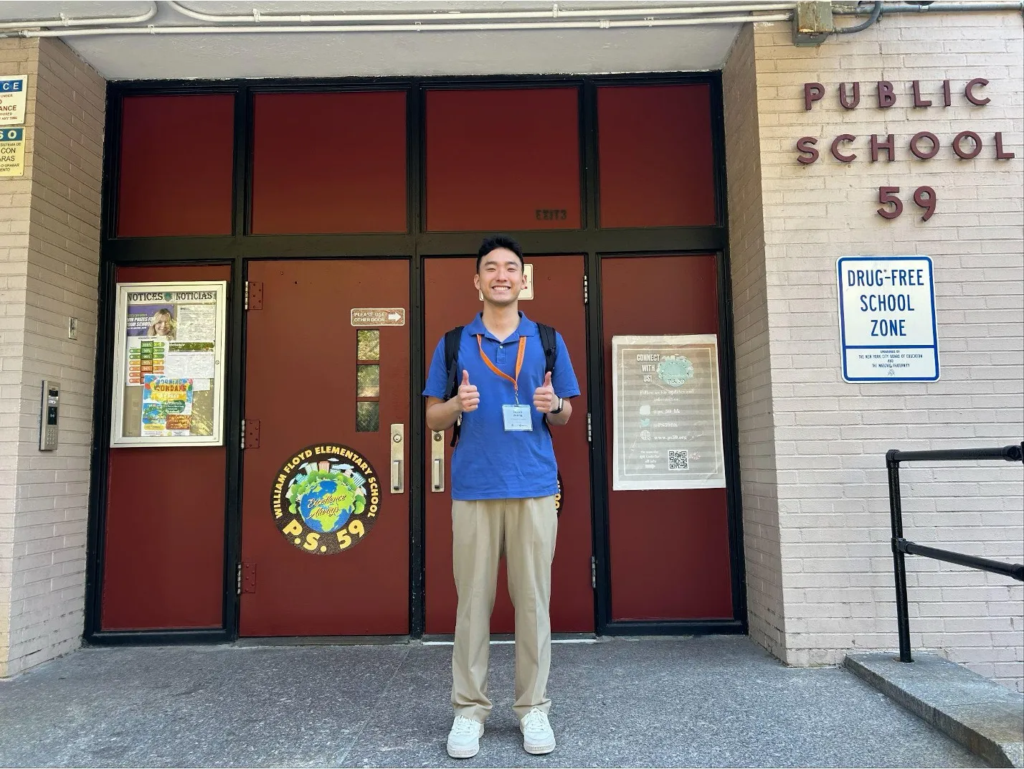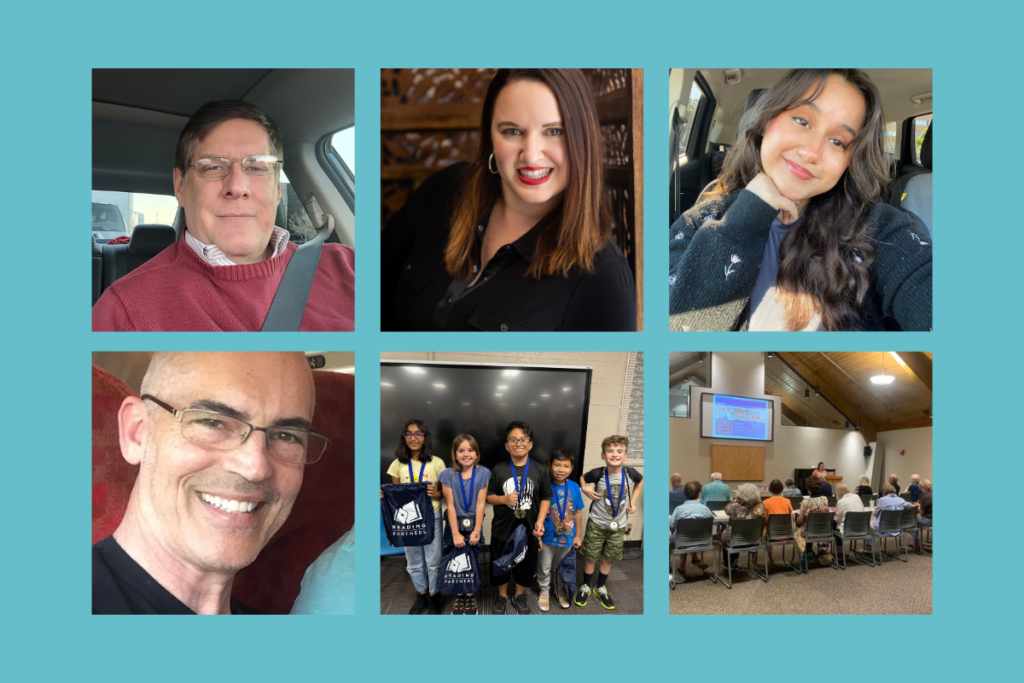Editorial: Expanding Reading Partners could help struggling students
December 9, 2013
Published: November 17, 2013
It is not uncommon to find serious reading deficits when you look at the reading scores of Dallas elementary schools. On some campuses, 30 percent or more of the third-, fourth- or fifth-graders failed the state’s 2013 reading achievement exam.
Teachers are their first responders. And parents can back teachers up by reading with their children.
But sometimes schools require more help than that. They need volunteers who can assist in intervening with students who struggle to comprehend passages, decode words or read at the appropriate speed.
For that reason, we’re excited to see Reading Partners expand its footprint in the Dallas school district. The local chapter of the national organization now has tutors in 17 Dallas schools. That figure is up from 10 schools last year.
The volunteers work with students for an hour each week. In some cases, students may work with two tutors at different times each week.
Volunteers are not thrown into the classrooms without training. Reading Partners provides them a curriculum to help students overcome their struggles. They also have coordinators onsite to work with tutors in case they need assistance dealing with a student.
Something must be working. The organization’s data shows 90 percent of its Dallas students last year accelerated their reading rate. Similarly, 77 percent narrowed their reading gaps with students who are reading at the correct grade level. (Reading Partners assesses its students three times a year, plus uses other, regular analyses.)
We’re especially pleased that southern Dallas elementary schools are part of the mix. That includes campuses that feed into Lincoln, Madison and Pinkston high schools. Those feeder networks are the focus of Superintendent Mike Miles’ Imagine 2020 strategy. He’s concentrating resources and strategies on them to improve the achievement levels of their students.
Volunteers from Reading Partners are now working with students in schools like O.M. Roberts Elementary, Lorenzo DeZavala Elementary and the Charles Rice Learning Center. Each feeds into one of the southern Dallas high schools Miles is targeting. By helping these students become better readers, volunteers are ensuring that they have the chance to perform better in other subjects as well.
More volunteers showing up for this important work means more students with reading challenges are getting help. Increasing the number of volunteers also will help make the case to Dallas school trustees to expand Reading Partners.
The district contributes some of Reading Partners’ funding, so trustees rightly will want to see whether there are enough volunteer tutors to make expansion worthwhile. We hope they see plenty. This newspaper has been championing an I Tutor Dallas! campaign, and Reading Partners provides an opportunity to expand that effort so that both students and the district benefit.
How to volunteer
Contact Reading Partners at 214-821-4500 or go to staging.readingpartners.org
DISD schools served by Reading Partners:
Amelia Earhart Learning Center, 3531 N. Westmoreland Road
Bayles Elementary School, 2444 Telegraph Ave.
Charles Rice Learning Center, 2425 Pine St.
Edward Titche Elementary School, 9560 Highfield Drive
Eduardo Mata Elementary School, 7420 La Vista Drive
Eladio R. Martinez Learning Center, 4500 Bernal Drive
George W. Truett Elementary School, 1811 Gross Road
Joseph J. Rhoads Learning Center, 4401 Second Ave.
Lee A. McShan Junior Elementary School, 8307 Meadow Road
Lorenzo De Zavala Elementary School, 3214 N. Winnetka Ave.
Martin Luther King Jr. Learning Center, 1817 Warren Ave.
Oran M. Roberts Elementary School, 4919 E. Grand Ave.
Paul L. Dunbar Learning Center, 4200 Metropolitan Ave.
Roger Q. Mills Elementary School, 1515 Lynn Haven Ave.
Stephen C. Foster Elementary School, 3700 Clover Lane
Stevens Park Elementary School, 2615 W. Colorado Blvd.
Sudie L. Williams Elementary School, 4518 Pomona Road
Source/ Dallas News / Opinion



